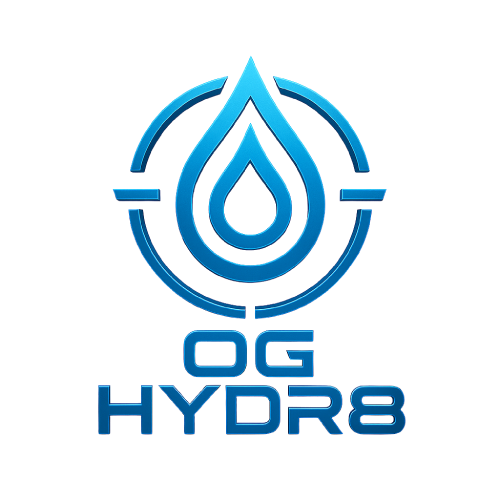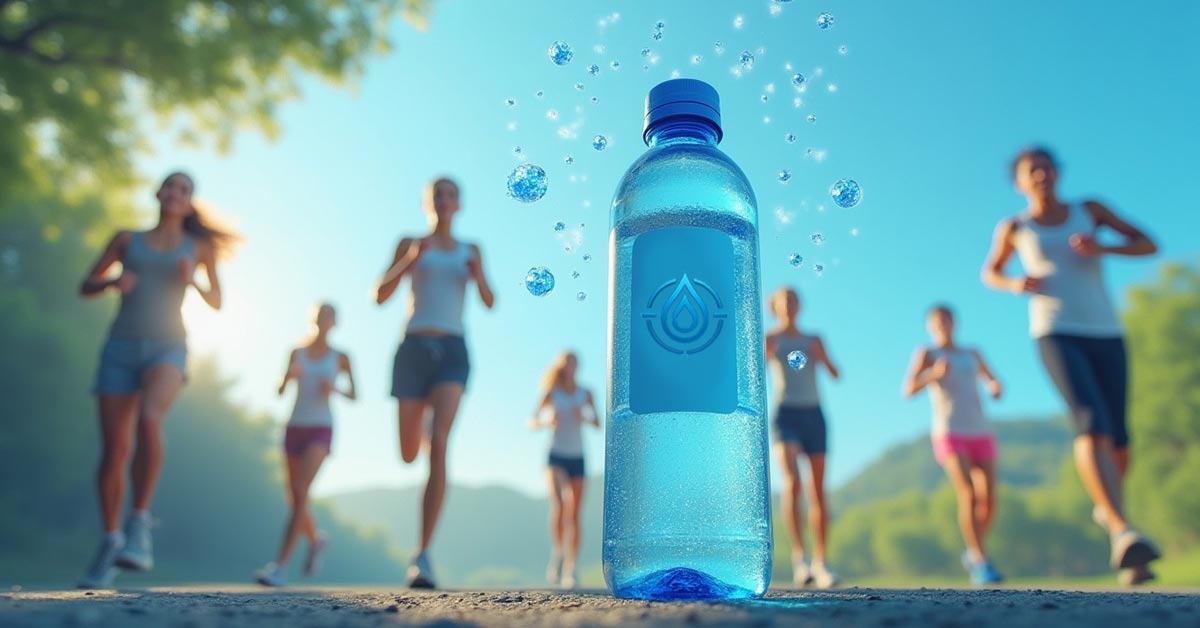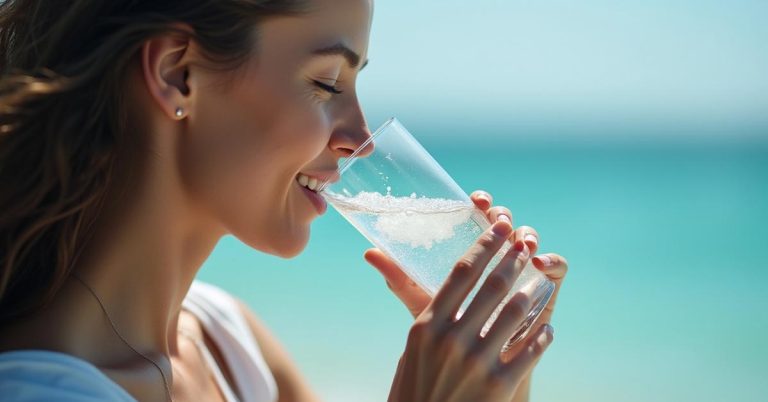How to Make Hydrogen Water | OG Hydr8
Hydrogen water has become increasingly popular for its potential health benefits, including supporting brain function, reducing oxidative stress, and improving metabolic health. At OG Hydr8, we frequently get questions about how hydrogen water is made, the role of magnesium in producing hydrogen gas, and the science behind the technology. In this guide, we break down the main methods of producing hydrogen water and explain why controlled delivery via hydrogen tablets offers the safest and most effective approach.
Methods of Making Hydrogen Water
1. Bubbling Hydrogen Gas
One common laboratory method involves bubbling hydrogen gas (H2) directly into water. While this produces molecular hydrogen, it comes with several limitations:
- Hydrogen gas is highly flammable and explosive. Bubbling gas for extended periods in a home environment can be extremely dangerous.
- Hydrogen has low solubility in water—approximately 44 times lower than CO2 by molarity. Reaching saturation (~1.6 mg/L) can take up to 30 minutes under standard conditions.
- Advanced techniques like nano diffusers can produce smaller bubbles for faster dissolution, but they still cannot reach the levels of hydrogen saturation achieved by OG Hydr8 hydrogen tablets.
Because of these safety concerns, bubbling hydrogen gas is almost exclusively used in research laboratories and is not commercially available for consumers.
2. Electrolysis Machines
Electrolysis splits water into hydrogen and oxygen using electric current. There are two primary electrolysis methods:
Standard Water Ionizers
- Can produce hydrogen water for multiple users.
- Require mineral-rich water for effective hydrogen production. Low mineral content can drastically reduce hydrogen concentration.
- Scaling on electrodes over time reduces effectiveness, sometimes permanently.
Proton Exchange Membranes (PEM)
- Do not alter water pH.
- Less prone to scaling and perform well with any water type, including distilled or reverse osmosis water.
- Can achieve slightly higher hydrogen concentrations (~1.6 ppm), with pressurized PEM machines reaching up to 3–4 ppm.
Despite these advantages, PEM and water ionizers still produce hydrogen levels lower than what can be safely delivered using OG Hydr8 magnesium-based tablets.
3. Reactive Earth Metals
Certain metals react with water to produce hydrogen gas. Commonly discussed metals include magnesium, aluminum, lithium, and calcium. However, many have significant safety or feasibility challenges.
Aluminum:
- Produces more hydrogen per mass than magnesium but is less reactive.
- Requires heat or alkaline solutions to react, which can introduce chemical risks.
- Excess aluminum consumption may have long-term health concerns source.
Lithium:
- Can react with water safely in small amounts, but lithium compounds are toxic in high doses and have strict medical usage limits source.
- Supplementing lithium to produce hydrogen water is not feasible for the general population source.
- Excessive use can lead to burns, toxicity, or severe adverse effects source.
Calcium:
- Produces less hydrogen per mass than magnesium and reacts to form corrosive hydroxides.
- Harder to source and handle safely.
4. Magnesium: The Safest and Most Effective Option
Magnesium is the most commonly used metal to produce hydrogen water due to its safety and health benefits:
- Supports daily magnesium intake (RDI).
- Reacts safely with food-grade acids, producing hydrogen and magnesium hydroxide (milk of magnesia), which is safe to consume.
- OG Hydr8 hydrogen tablets deliver controlled, high-concentration hydrogen with predictable reaction rates, achieving bubble sizes as small as 30 nanometers. This allows for supersaturation without external pressure, maximizing hydrogen absorption and therapeutic benefits.
5. Hydride Compounds
Magnesium Hydride can produce ~85% more hydrogen than magnesium metal but is unstable in humidity, leading to shelf-life challenges. Other hydrides, like silica hydride, are often misrepresented or replaced with unsafe chemicals like sodium borohydride, which is illegal in supplements source. OG Hydr8 avoids these hazards by using safe, controlled reactions in tablet form.
Conclusion: Why OG Hydr8 Tablets Are the Best Choice
Making hydrogen water is not as simple as adding magnesium powder to water or buying an expensive ionizer. Many methods carry safety risks, produce insufficient hydrogen, or require strict maintenance. OG Hydr8 hydrogen tablets provide:
- Safe, controlled hydrogen production
- Consistent, high hydrogen concentration
- Additional health benefits from magnesium
- Ease of use without specialized equipment
For anyone seeking the maximum benefits of hydrogen water without the safety risks, OG Hydr8 is the smart, safe, and effective choice.



